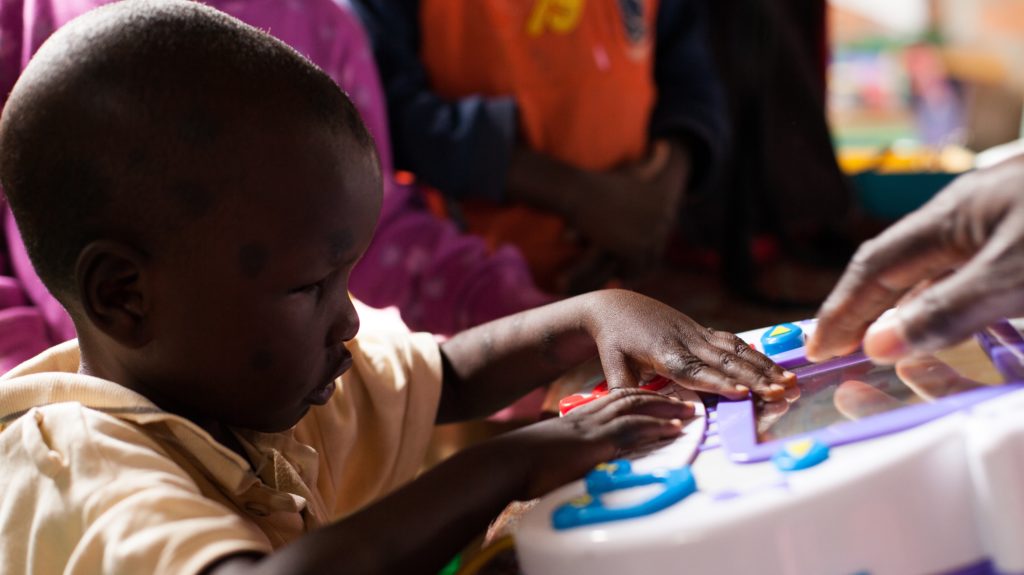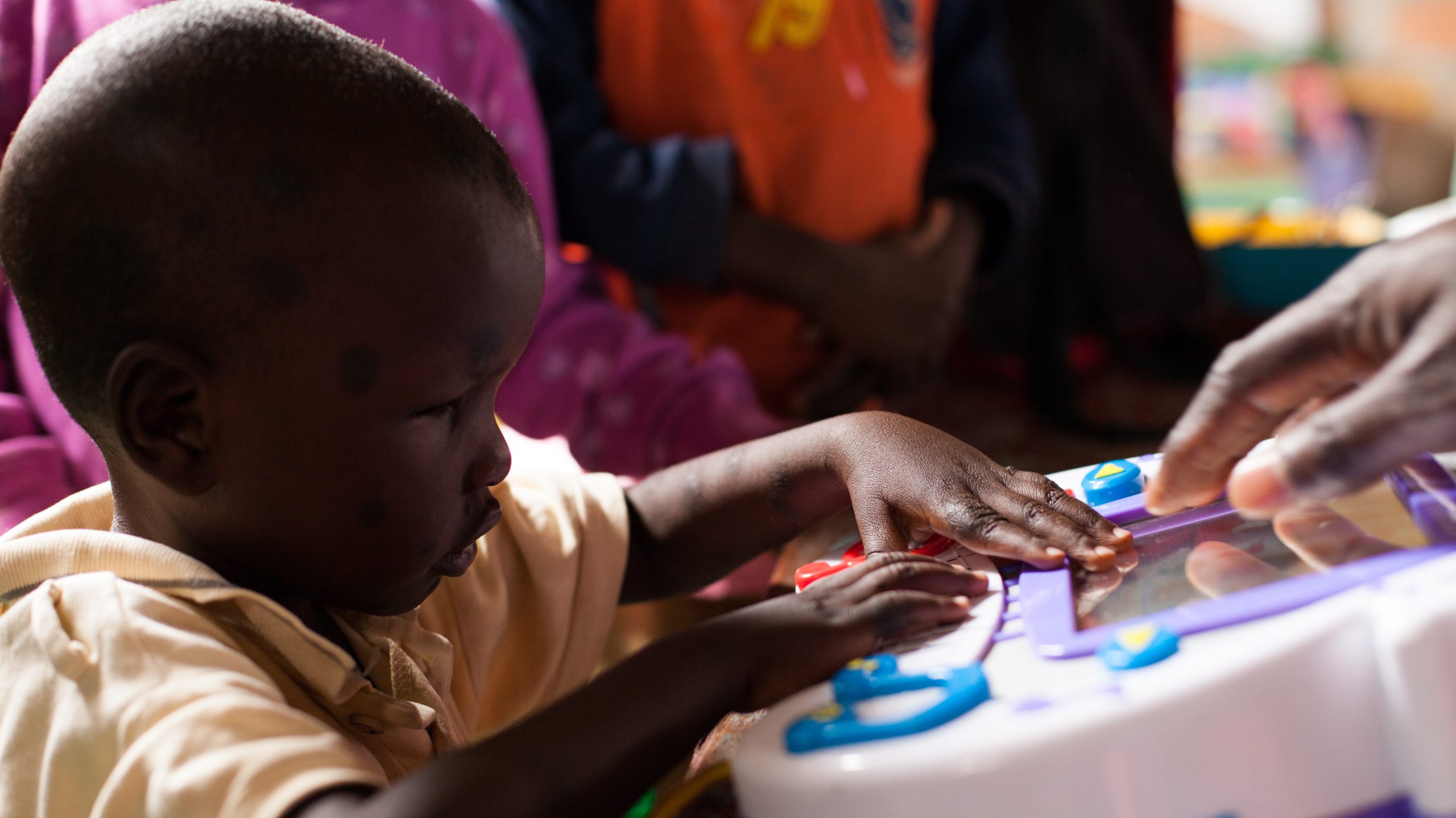A Paper Presented By Mr. Boluwatife S. Oyekunle At Opinions From Africa Research Department (#ResearchwithPet)- During An Online Conference On Learning Disabilities Encountered By Children.
Host – Jidechukwu Angela Nwabueze

What is learning?
Learning is the acquisition of knowledge or skills through study, experience, or being taught. It is the process of acquiring new understanding, knowledge, behaviors, skills, values, attitudes, and preferences.
What is disability?
Disability is a physical or mental condition that limits a person’s movements, senses, or activities. It is any condition that makes it more difficult for a person to do certain activities or interact with the world around them.
What then are learning disabilities?
Learning disabilities are an umbrella term for a wide variety of learning problems. Learning disability can be defined as a significant reduction in ability to understand new or complex information, to learn new skill (impaired intelligence), with a reduced ability to cope independently (impaired social functioning), which started before adulthood.
A learning disability is not a problem with intelligence or motivation. Kids with learning disabilities are not lazy or dumb. In fact, most are just as smart as everyone else. Their brains are simply wired differently. This difference affects how they receive and process information.
Simply put, children and adults with learning disabilities see, hear, and understand things differently.
This can lead to trouble with learning new information and skills and putting them to use. The most common types of learning disabilities involve problems with reading, writing, math, reasoning, listening, and speaking.
It is important to note that children with learning disabilities can, and do, succeed. It can be tough to face the possibility that your child has a learning disability. No parents want to see their children suffer.
You may wonder what it could mean for your child’s future or worry about how your kid will make it through school. Perhaps you are concerned that by calling attention to your child’s learning problems they might be labeled slow or assigned to a less challenging class.
But the important thing to remember is that most kids with learning disabilities are just as smart as everyone else. They just need to be taught in ways that are tailored to their unique learning styles.
By learning more about learning disabilities in general, and your child’s learning difficulties in particular, you can help pave the way for success at school and beyond.
What are the Signs and Symptoms of Learning Disabilities
Learning disabilities look very different from one child to another. One child may struggle with reading and spelling, while another loves books but cannot understand math. Still another child may have difficulty understanding what others are saying or communicating out loud. The problems are very different, but they are all learning disorders.
It is not always easy to identify learning disabilities. Because of the wide variations, there is no single symptom or profile that you can look to as proof of a problem. However, some warning signs are more common than others at different ages. If you’re aware of what they are, you’ll be able to catch a learning disorder early and quickly take steps to get your child help.
Checklist of some common red flags for learning disorders are given below.
Remember that children who don’t have learning disabilities may still experience some of these difficulties at various times. The time for concern is when there is a consistent unevenness in your child’s ability to master certain skills.
Signs and Symptoms of Learning Disabilities: Preschool Age
- Problems pronouncing words
- Trouble finding the right word
- Difficulty rhyming
- Trouble learning the alphabet, numbers, colors, shapes, days of the week
- Difficulty following directions or learning routines
- Difficulty controlling crayons, pencils, and scissors, or coloring within the lines
- Trouble with buttons, zippers, snaps, learning to tie shoes
Signs and Symptoms of Learning Disabilities: Ages 5-9
- Trouble learning the connection between letters and sounds
- Unable to blend sounds to make words
- Confuses basic words when reading
- Slow to learn new skills
- Consistently misspells words and makes frequent errors
- Trouble learning basic math concepts
- Difficulty telling time and remembering sequences
Signs and Symptoms of Learning Disabilities: Ages 10-13
- Difficulty with reading comprehension or math skills
- Trouble with open-ended test questions and word problems
- Dislikes reading and writing; avoids reading aloud
- Poor handwriting
- Poor organizational skills (bedroom, homework, desk is messy and disorganized)
- Trouble following classroom discussions and expressing thoughts aloud
- Spells the same word differently in a single document
It’s germane we know that there are various types of learning disabilities
Types of Learning Disabilities:
- Dyslexia
- Dyscalculia
- Dysgraphia
- Non-Verbal Learning Disabilities
- Oral/written language Disorder
- Specific Reading Comprehension Deficit
- ADHD (Attention Deficit/ Hyperactivity Disorder)
- Autism
As regards the symptoms, as parents and teachers of children, we should note that not all the above symptoms may feature in a child, but as soon as we begin to notice about 3, 4 or 5 of these symptoms, then we ought to give special attention to the child, in order to help the child.
Another thing worthy of note is that, as parents, when we see these signs and symptoms, we are not meant to panic, because learning disabilities is not a disease or life sentence.
Continue reading on Dyslexia.





1 comment
[…] Read the full introduction to this research HERE […]